Enterprises "stagnant capital", reduced competition due to tax problems
The Ministry of Finance said that the Law on Value Added Tax will take effect from July 1, 2025. However, after a short period of implementation, the Ministry has received a series of petitions from the Ministry of Agriculture and Environment , the Prime Minister's Policy Advisory Council, and associations and businesses reflecting many difficulties in the implementation process. These difficulties mainly focus on the fields of agriculture and animal feed, affecting the business efficiency and competitiveness of domestic enterprises.
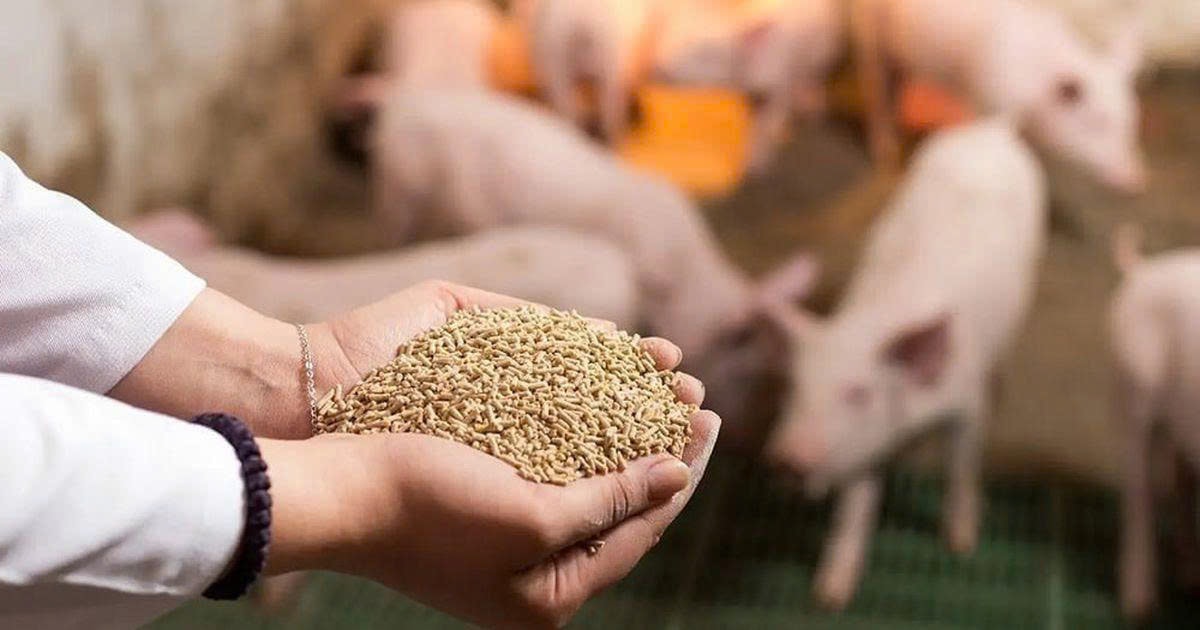
According to feedback, current regulations are creating many serious shortcomings. For agricultural products (such as catfish, pepper, coffee, etc.) purchased and sold at the commercial stage, businesses must pay 5% input VAT. For goods mainly for export, this process leads to "collecting and then refunding tax", wasting time, money and stagnating business capital. Notably, credit institutions often do not disburse this tax when providing working capital, further putting financial pressure on businesses.
This regulation also creates inequality when imported agricultural and aquatic products are not subject to VAT at the import stage. Meanwhile, when exporting enterprises buy domestically produced agricultural and aquatic products, they have to borrow from banks to pay this tax before receiving a refund.
In addition, animal feed production enterprises are facing increased costs. The 5% input VAT is not deductible, forcing enterprises to include it in their costs, increasing the selling price and directly affecting livestock farmers. This situation reduces the competitiveness of domestic products compared to imported animal feed (not subject to VAT).
Another problem comes from the regulation at Point c, Clause 9, Article 15 of the current Law. Accordingly, when requesting a refund of input VAT, exporting enterprises must wait for confirmation that the seller (supplier) has declared and paid tax.
In fact, the purchasing enterprise has no legal or technical tools to check the tax compliance status of the supplier. If the seller is late in submitting tax declarations or still owes taxes, the purchasing enterprise (even though it has fully performed its declaration obligations, has valid documents, and paid via bank) will still not be accepted for a tax refund. The refusal to refund taxes for this objective reason seriously affects the cash flow, production and business progress and causes great damage to the enterprise.
Proposal to remove difficulties for businesses
In the face of the above shortcomings, the Ministry of Finance affirmed that amending and supplementing the Law on Value Added Tax is necessary. The draft Law amending and supplementing a number of articles of the Law on Value Added Tax focuses on core solutions to remove current obstacles.
The most important solution is to amend Clause 1, Article 5 (Tax-exempt entities). The draft adds a provision allowing enterprises and cooperatives to purchase unprocessed agricultural and aquatic products for sale to other enterprises and cooperatives without having to declare and pay VAT, but can deduct input VAT. This provision is expected to completely resolve the situation of capital stagnation and wasted compliance costs due to the "collect and then refund" process for exported agricultural products.
At the same time, the draft also removes obstacles for the animal feed industry by amending Clause 5, Article 9 (Tax Rates). Specifically, the draft proposes to abolish regulations related to the application of tax rates on agricultural products used as animal feed. Thereby, helping manufacturers deduct input taxes, reduce production costs, lower product prices and increase competitiveness with imported goods.
In particular, to eliminate the risk of capital being "suspended" for exporting enterprises, the draft proposes to completely abolish point c, clause 9, Article 15. This is a regulation requiring sellers (suppliers) to declare and pay taxes for purchasing enterprises to be eligible for tax refunds. Abolishing this regulation will help enterprises be proactive in cash flow and no longer have to bear the risk from the supplier.
Source: https://daibieunhandan.vn/go-vuong-thue-gia-tri-gia-tang-cho-nong-san-thuc-an-chan-nuoi-10393589.html


![[Photo] Fall Fair 2025 - An attractive experience](https://vphoto.vietnam.vn/thumb/1200x675/vietnam/resource/IMAGE/2025/10/30/1761791564603_1761738410688-jpg.webp)



![[Photo] Standing member of the Secretariat Tran Cam Tu visits and encourages people in the flooded areas of Da Nang](https://vphoto.vietnam.vn/thumb/1200x675/vietnam/resource/IMAGE/2025/10/30/1761808671991_bt4-jpg.webp)
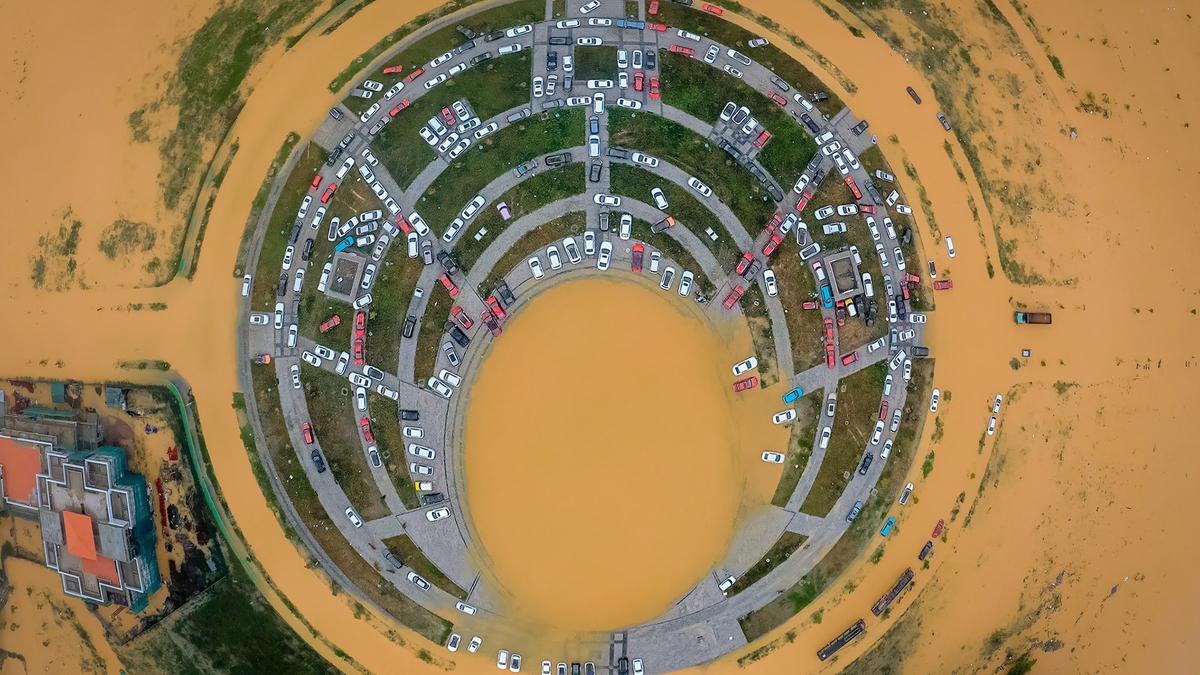
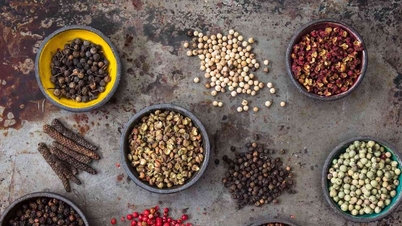

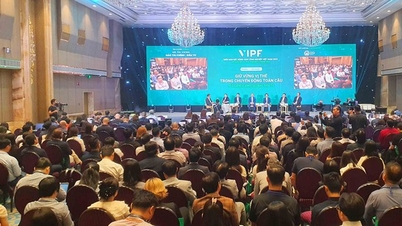

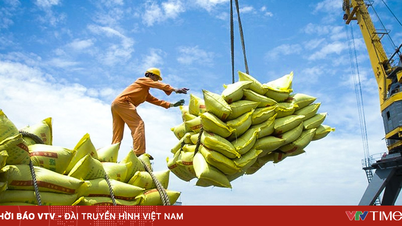

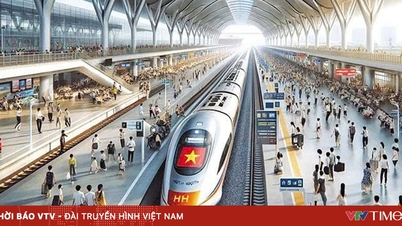
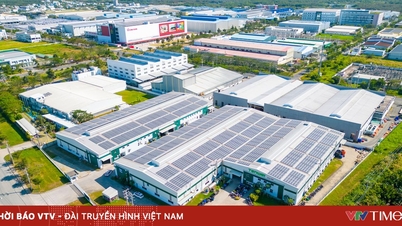
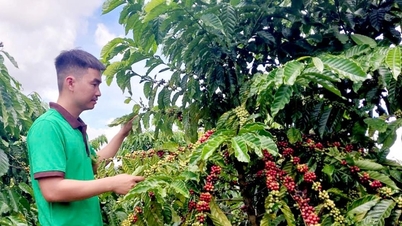


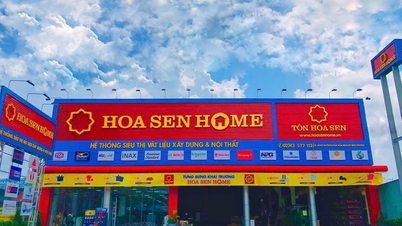
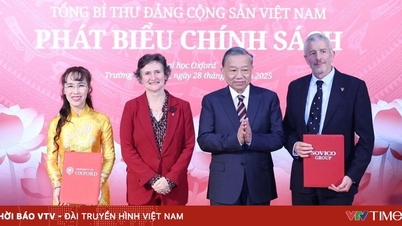


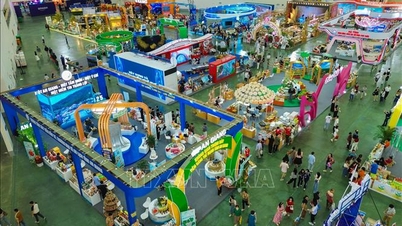
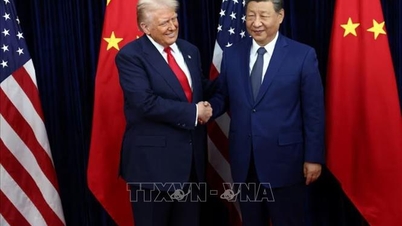





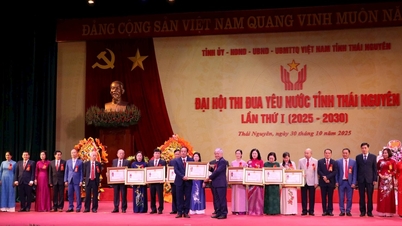

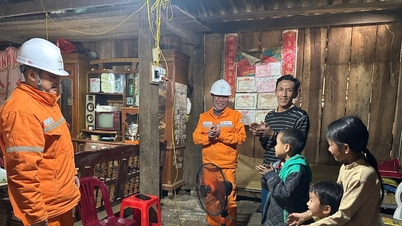
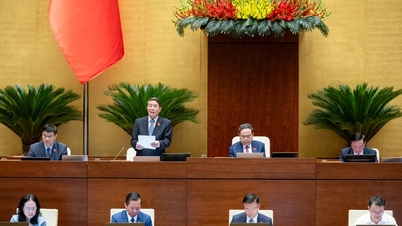
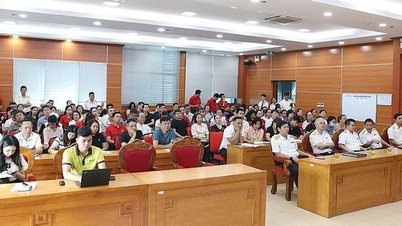
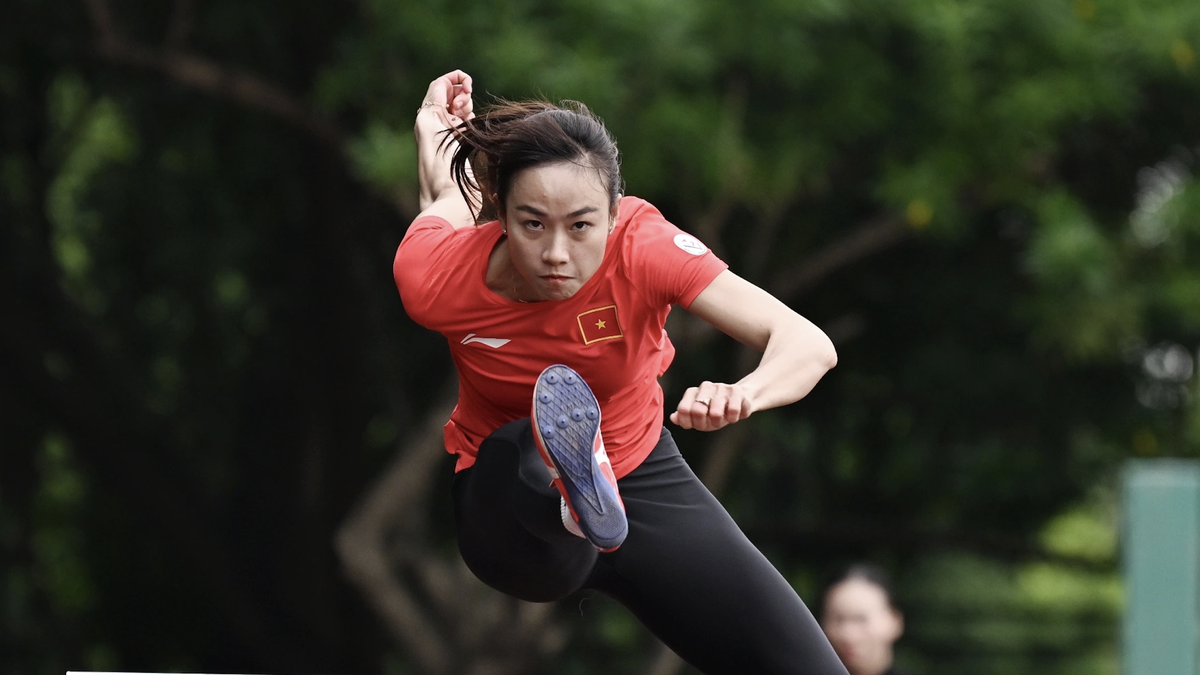
![[Photo] New-era Party members in the "Green Industrial Park"](https://vphoto.vietnam.vn/thumb/1200x675/vietnam/resource/IMAGE/2025/10/30/1761789456888_1-dsc-5556-jpg.webp)


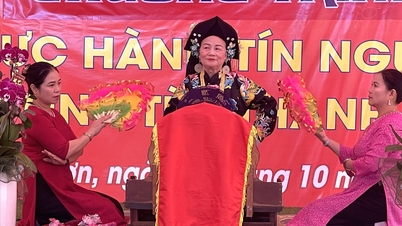



















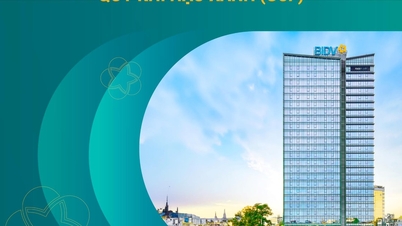

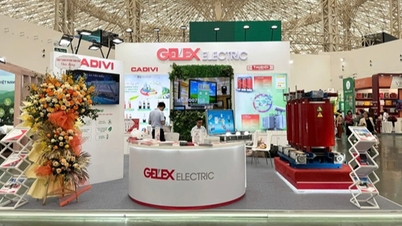
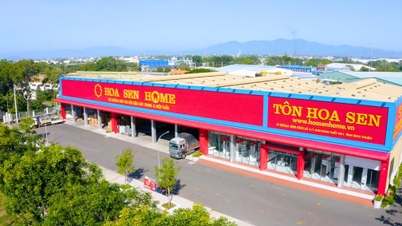


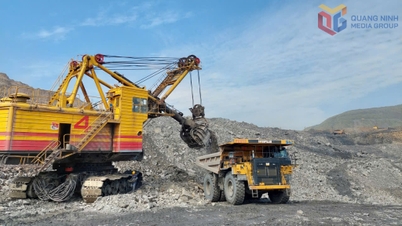









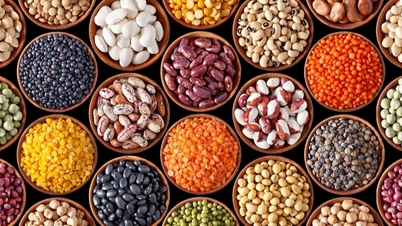

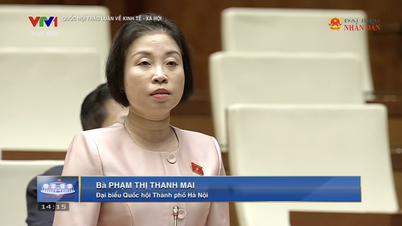

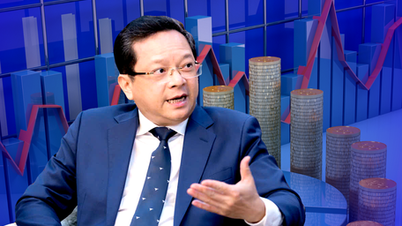

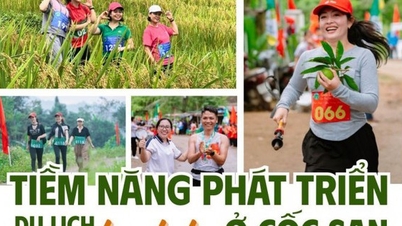


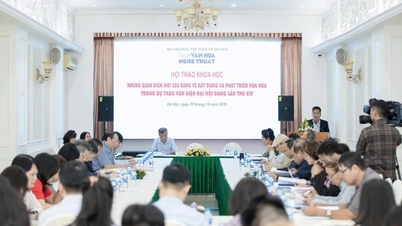
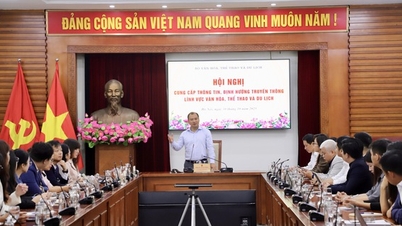
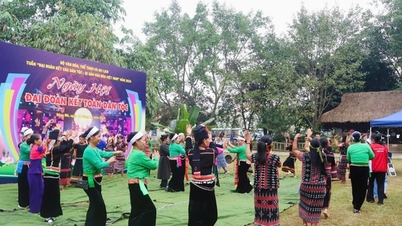
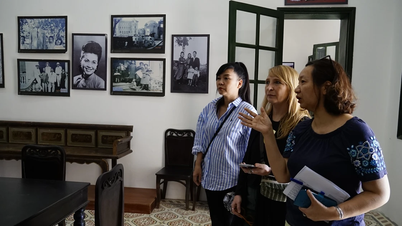

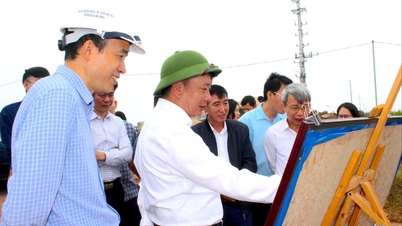

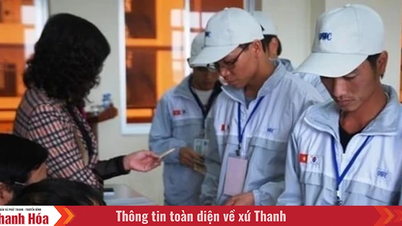

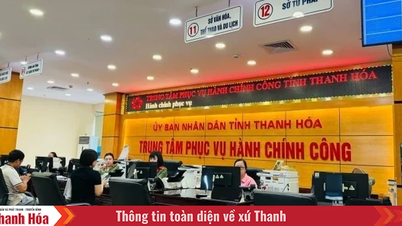
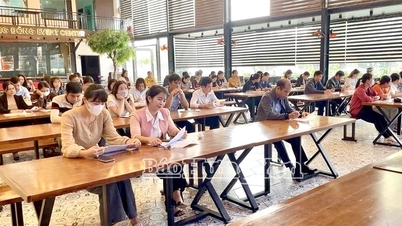

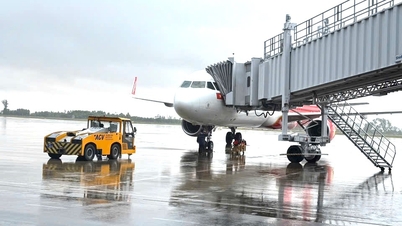













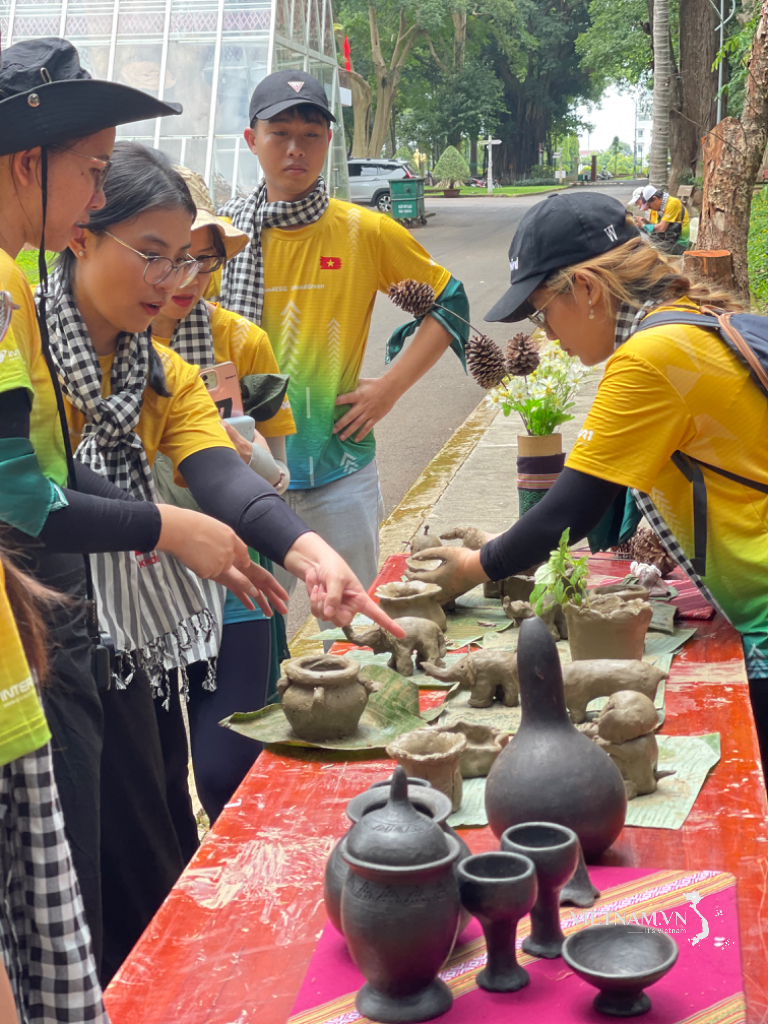
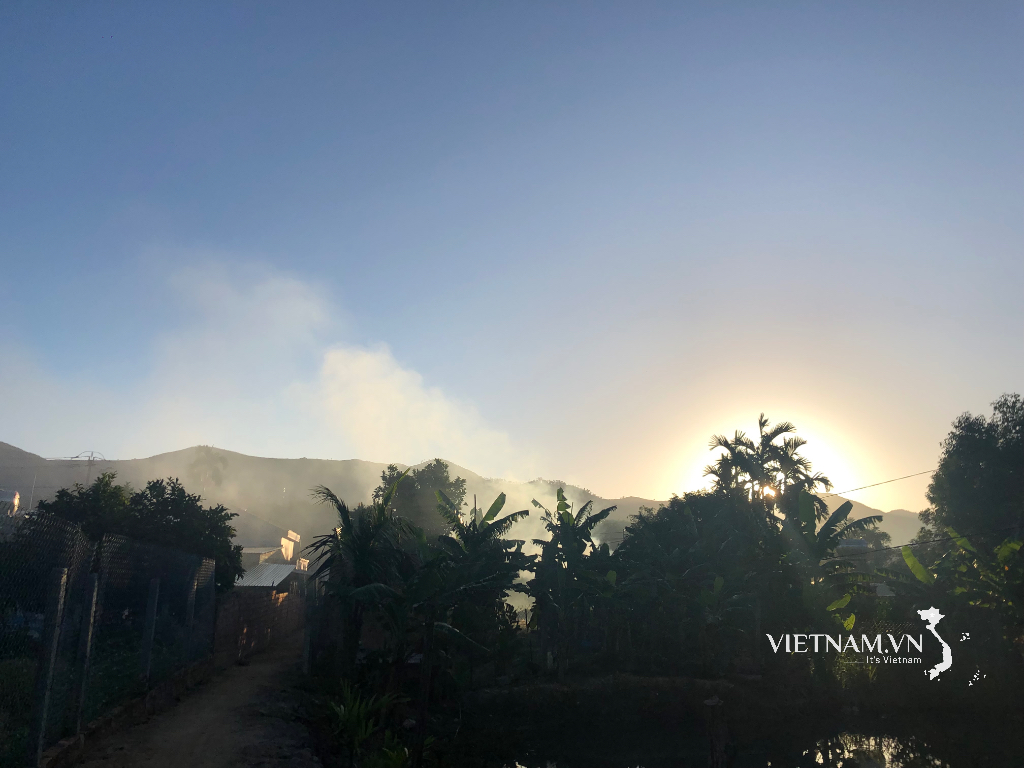

Comment (0)